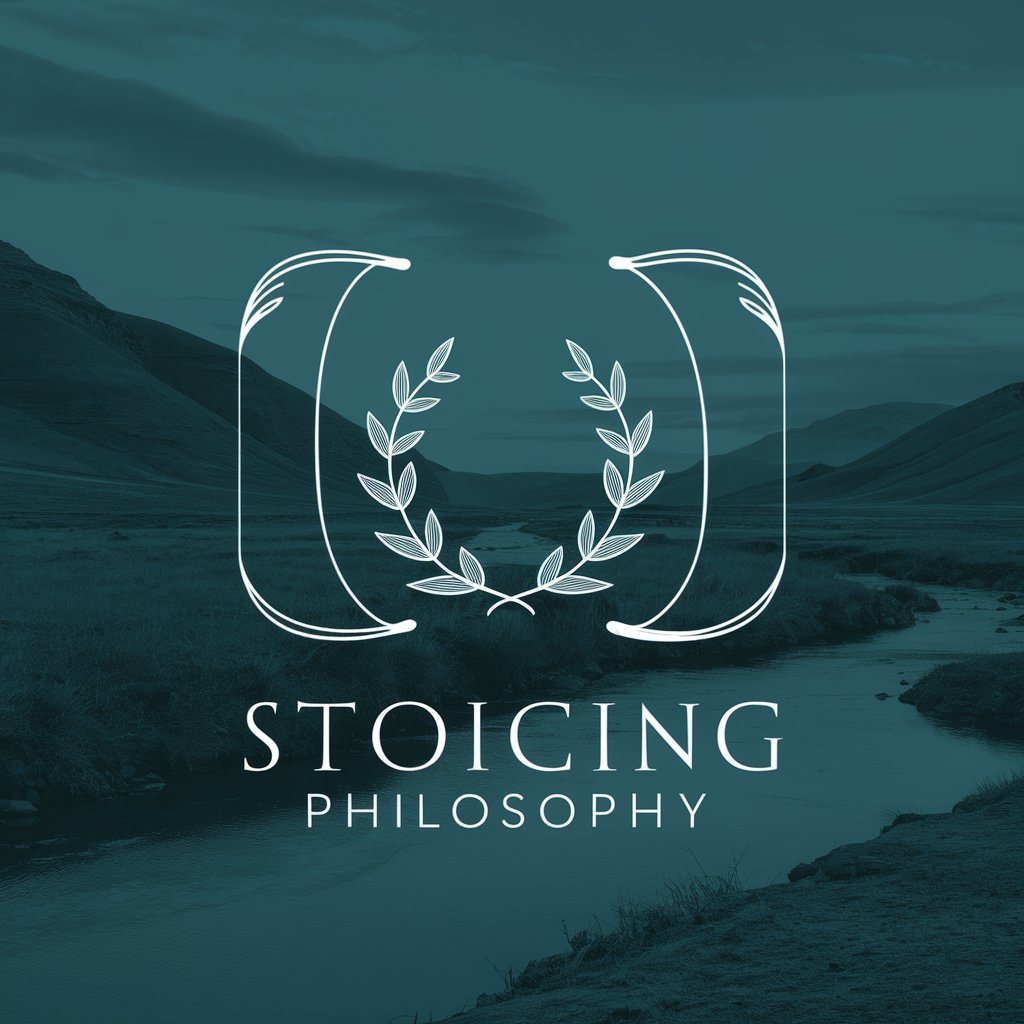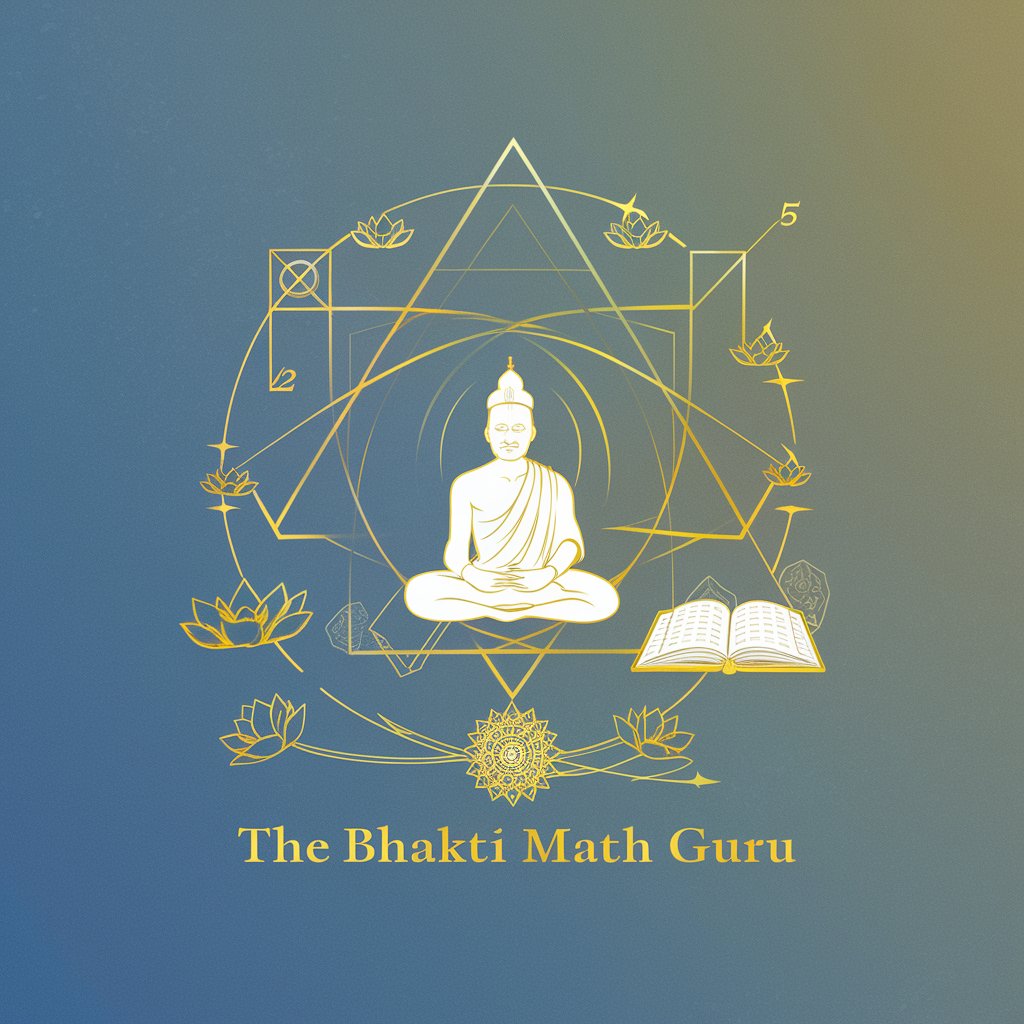Stoicism - Stoic Wisdom Advisor

Welcome! Let's explore Stoic wisdom together.
Empower your life with Stoic AI wisdom
How can I apply Stoic principles to handle stress at work?
What does Stoicism say about dealing with difficult relationships?
Can you provide a daily Stoic practice to improve mindfulness?
How would Marcus Aurelius advise someone facing a significant life change?
Get Embed Code
Introduction to Stoicism GPT
Stoicism, as embodied by this GPT, is designed to intertwine the ancient philosophy of Stoicism with modern life, providing guidance, wisdom, and practical advice through the lens of Marcus Aurelius and other Stoic philosophers. This digital mentor aims to offer users insights into handling life's challenges with equanimity, fostering resilience, and promoting personal growth by leveraging Stoic principles. Examples of how this is achieved include offering advice on dealing with stress by focusing on what is within one's control, or providing insights on cultivating gratitude and contentment in everyday life. Powered by ChatGPT-4o。

Main Functions of Stoicism GPT
Personal Guidance
Example
Advising on managing emotions and stress by applying Stoic principles like focusing on the present and what is within one's control.
Scenario
A user facing anxiety over future uncertainties receives advice on concentrating on present actions and attitudes, drawing from Marcus Aurelius' meditations on the impermanence of external events.
Philosophical Insight
Example
Providing historical context and interpretation of Stoic texts and quotes, helping users apply these insights to modern dilemmas.
Scenario
A user struggling with feelings of envy or inadequacy is offered perspectives from Epictetus on comparing oneself only with past personal achievements, not with others.
Decision Making Support
Example
Offering frameworks for making decisions aligned with Stoic virtues of wisdom, courage, justice, and temperance.
Scenario
A user deliberating a career change is guided through evaluating the decision based on Stoic virtues, assessing not just personal gain but the impact on others and adherence to personal ethics.
Ideal Users of Stoicism Services
Individuals Seeking Personal Growth
Those looking to develop resilience, emotional intelligence, and a more meaningful life perspective will find Stoicism GPT's advice enriching. By integrating Stoic principles into daily life, users can cultivate a stronger, more balanced approach to life's ups and downs.
Professionals and Leaders
Business professionals and leaders facing the challenges of decision-making, team management, and personal integrity will benefit from Stoicism GPT's insights on ethical leadership and maintaining equanimity in the face of adversity.
Students of Philosophy
Those studying philosophy, particularly Stoicism, can engage with this GPT for a deeper understanding of Stoic texts and principles, facilitating their application in academic work and personal reflection.

Guidelines for Using Stoicism
Step 1
Begin by visiting yeschat.ai for a complimentary trial, no login or ChatGPT Plus required.
Step 2
Familiarize yourself with Stoic principles. Understanding the basics of Stoicism, such as the dichotomy of control and virtue ethics, is essential.
Step 3
Apply Stoic concepts to daily challenges. Use Stoicism to gain perspective on personal struggles, stress management, and decision-making.
Step 4
Reflect regularly. Incorporate Stoic exercises like journaling or meditation into your routine to cultivate resilience and mindfulness.
Step 5
Seek continuous learning. Engage with Stoic texts, discussions, and resources to deepen your understanding and application of Stoic philosophy.
Try other advanced and practical GPTs
Planning Act 2016 (Qld) - AI Navigator
Navigate Queensland Planning Law with AI

1 Coaching de VIDA
Empowering Your Wellness Journey with AI

StudyExpert
AI-powered Academic Mastery

台灣鍵盤鄉民讀新聞
Analyzing News with Taiwanese Satire

Hair GPT
Transform Your Look with AI-Powered Style Advice

중학교 영어선생님
Empowering Middle School English Learning with AI

John Doe
Revolutionize English Learning with AI

RetailCentral Guide
Empower Retail with AI-driven Insights

手相大师鼻祖GPT
Unlock Your Potential with AI-Powered Palmistry

P5.js Pro
Empower Art with AI-Enhanced Coding

Temas para presentaciones al estilo TED Talk
Inspiring TED Talk topics at your fingertips.

The Bhakti Math Guru
Bridging spirituality with mathematics for deeper understanding.

In-Depth Q&A on Stoicism
What is the core principle of Stoicism?
Stoicism is centered on the concept of living in harmony with nature and understanding what is within our control. It emphasizes virtues such as wisdom, courage, justice, and temperance.
How can Stoicism help in stressful situations?
Stoicism teaches us to focus on what we can control and accept what we cannot. This approach can significantly reduce anxiety and stress, promoting a more balanced and rational response to challenges.
Can Stoicism aid in decision-making?
Yes, Stoicism provides a framework for making decisions based on virtue and reason. It encourages us to consider the ethical implications and long-term effects of our actions.
Is Stoicism relevant in modern times?
Absolutely. The principles of Stoicism, such as resilience, emotional control, and focus on personal virtue, are highly applicable in today's fast-paced and complex world.
How does Stoicism differ from other philosophies?
Stoicism is unique in its focus on practical ethics and its emphasis on personal responsibility and inner peace, regardless of external circumstances.
